BEYOND THE ONIROS FILM AWARDS®
VIP Interview with Gabriel Da Silva, writer and director of the short film ‘Mila’s Diary’
by Alice Lussiana Parente
Today, we introduce Gabriel Da Silva, a talented actor, screenwriter, and director of the short film: “Mila’s diary”. In this interview he shared his creative process and the inspiration behind the movie, but also, one of the greatest challenges: directing child actors. In this interview we find out how Da Silva had to deal with both scenarios throughout his career and how that worked out. Enjoy!
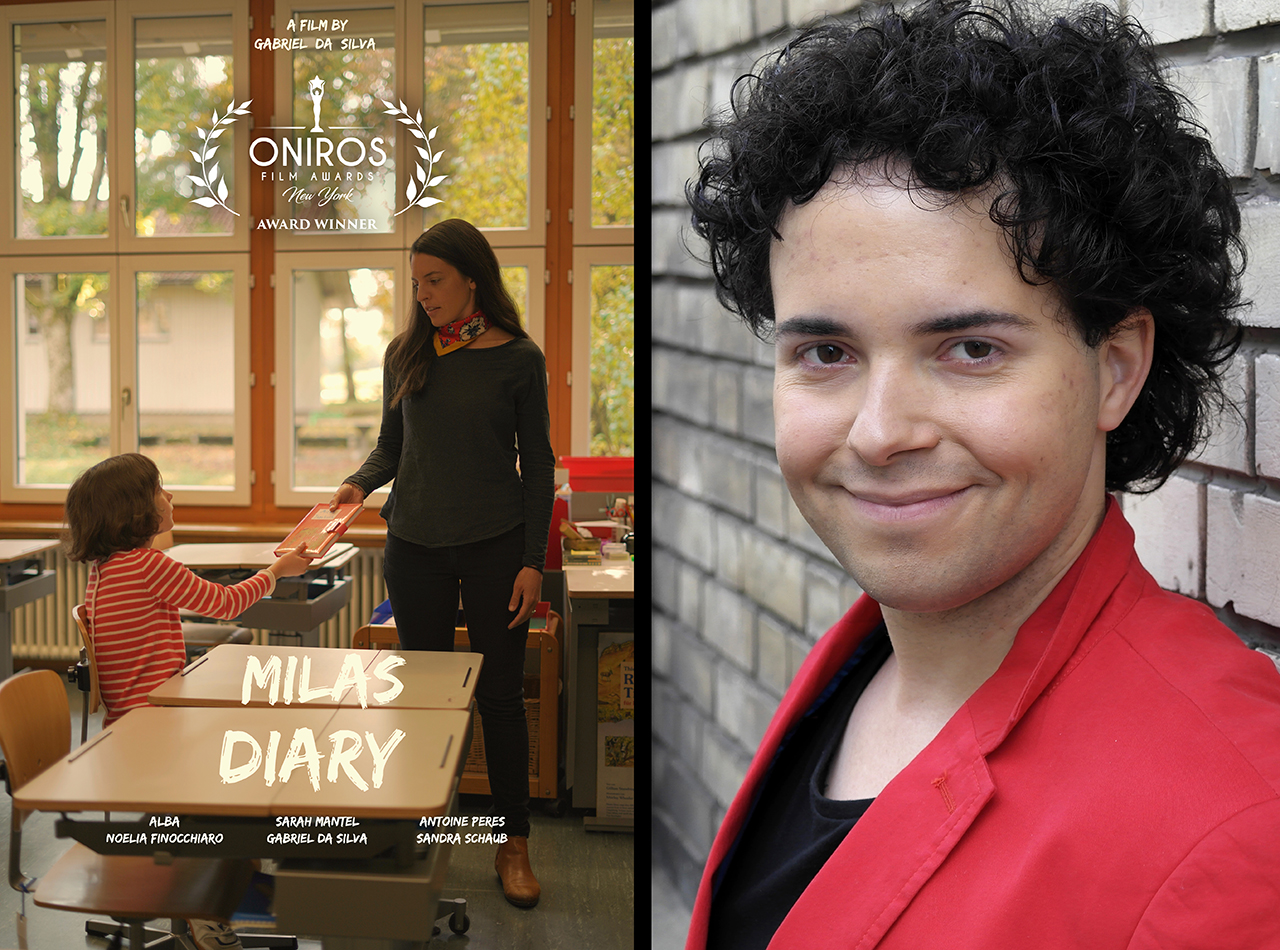
Gabriel Da Silva, writer and director of the short film ‘Mila’s Diary’ – www.difference-pictures.ch
1. Hi Gabriel! You began your career as an actor; can you tell us what brought you into the acting world?
I started with acting in kindergarten. I always loved to drown into other characters, other situations. And at the same time, I wrote my first two little books around eight years old. Of course, in a very simple way. So, there were early signs of a career in acting and writing. Then I had a long break from it until my Twenty’s where I decided to leave my Job in the medicine area to study at a drama school in Zurich. It was a feeling that I need to go into acting because it has something of being free when you go deep into another world, another time, and another person. Play someone which is so different from my true myself that is so amazing. That’s so exciting and magical that it’s very difficult in describing it in words.
2. When did you first realize you wanted to transition into directing?
Often when I played in a movie, I was looking with big interest on the director chair. I always felt that directing is a kind of my “thing”. I loved to create something too, not just portraying it. And if you are a director or writer, you can create your own story and their world. That always fascinated me. But I do have to say that I like to do all of them, directing, writing, and acting. Just not all at the same time. Especially directing and acting at the same time is something I did once but I won’t do it again. In Mila’s Diary I had just a small supporting role as Milas father but that was okay, because it didn’t affect my work as a director.
3. Where does the inspiration of “Mila’s Diary” come from? When did you start writing it?
That was around February 2019. The inspiration came because there are so many awful stories in the daily news journals about bullying among kids, teenagers, and their consequences. In some worst cases it ends with violence, suicide or even a school rampage. So, I decided to dedicate a movie to every viewer, who went through bullying in school and to show to the rest of the audience how important it is to speak about. At the same time, I wanted to show a brave little girl who is strong enough to protect a weaker child and to show everyone that it’s wrong to be a bully but it’s even so wrong to be a coward and just looking away instead of helping. Mila is kind of a mirror to us, which confronts everyone not to hide or be a coward, but to help those in need and be kind to everyone. That we don’t need Bullying, we need more love and respect for each other.
4. How did you choose your actors? And how did you work with them being an actor yourself?
I choose my actors based on the storyline and characters. I also investigate the personality of an actor if he or she can play the role and give no problems on the set. It’s something you feel inside of you. Most of the collaborations with actors works very good but I had also some very negative experiences on another movie, where some actors caused more problems than giving a good performance. But luckily that doesn’t happen very often. I think it’s a chance for the actors when a director also works as an actor. I can show them which facial expressions I want for the character or how they should express it on the dialog, connecting it to the acting. For me it’s easier because I know how they feel when they are nervous or how much complex acting is to enter in the characters soul and his world. Acting is a hard job and many underestimates it.
5. It’s always a challenge to have child actors on stage. On a good day they steal the scene being naturally fresh and truthful, on a bad day their inner nature doesn’t always collaborate with challenging rhythms of a movie set. I found the young actress playing Mila at ease and very natural in her acting. How did you work with her?
Yes, it is a challenge and some of young directors are afraid of working with children. Children live in the moment, which is on a movie set not always easy. But I was very lucky with Alba who plays Mila. She was so concentrated and focused on my directing and her role, that she did exactly what I wished for Mila in the story. I was surprised. And it was her first time in front of the camera. She played her role easily and naturally, and so was she also backstage as a person. Also, one of her Parents was always on set and helping us. I think that the mix of her being naturally and very concentrate as focused on her acting part helped her and me to make a good teamwork on the set.
6. Who are the directors that currently inspire you the most?
Ken Loach, Steven Spielberg, Christian Alvart and Charlie Chaplin just to name four of many other good directors. But those three are close to my film visions. Ken Loach has a wonderful feeling for outsider characters in movies and shows very authentic the real live of the simple, normal people out there. I love that in his movies, because his characters feel so real, like it could be your neighbor. That’s what I also try to do in my movies with stories or characters. Steven Spielberg is of course a big master in filmmaking. His movies inspired me when I was a kid to be an actor later a director. From the German directors it is Christian Alvart. His new German series Sloborn – which deals about a deadly pandemic – is one of my favorite new series and I think he did a great job showing how humans would psychologically react if every structure and safety in our society falls apart. Charlie Chaplin is a legend and I still love watching his silent movies. Its impressive how he did several positions behind the camera at the same time. His movies always give me a smile after watching.
7. What’s your creative process when working on a film?
It depends on the story. I watch some similar movies which can inspire to think how I want to shoot the movie or in which direction a story can be interesting. Then another process is to observe the real persons out there and their behavior. That’s something even actors do to understand a human and his actions in the daily life. Making movies or playing a character is a lot of psychological work, as for the director and writer as it is for the actor.
8. You are a bilingual filmmaker and actor, as you speak Portuguese and Swiss German, and I’m sure also English as most Europeans. How being bilingual influenced your career? How important are languages in cinema?
Yes, I grew up in speaking Swiss German and Portuguese from Brazil and my parents had a lot of internationally friends. I learned English later in school and with a friend from the US. So yes, in influenced my life a lot and it helped me too. Languages are very important, today even more since the world is so much connected and everything so internationally. But especially in the film industry it can give you a ticket to play or work also in a foreign movie. The chance is bigger to get attention if you can spread, your movie around the globe trough film festivals. So, I think languages are so important in cinema and movies, they have a magical way to connect all humans, cultures, and nationalities around the globe.
9. What’s your dream project?
To create, direct or write a TV Series. I would love to create a fictional world including their characters and to follow their fictional way and direction for a longer time. In a movie you just have some limited time to tell a story. Now in a TV Series you can create and form your characters for a long time, which is from the artistic point of view much more interesting.
10. This film deals with the topics of bullying, which is still a considerable problem among teenagers; how did you work on the bullying scene with your actors?
Well, it’s not just among the teenagers because bullying is a worldwide problem, and it happens unfortunately at any age. I met my actors some time earlier with rehearsals and they played in other film projects from me, like Sarah who plays the teacher. So, we knew each other. In a movie with this topic, it is so much important to trust each other on the set. It’s not always an open Casting, sometimes I have this feeling that this actress or actor is the right one. Then I write directly to him. Most of it, it’s the right decision. But what is very important is to make good rehearsals and including a deep talk into the issue and role study. To understand and discover what the actors think about it and how they see the way of their characters. It needs a lot of psychological talk, rehearsals and actors who are sensitive to this issue. Only then it can work.
11. What is the message you would like to communicate to your audience through this film?
My message to the Audience is: Do something if you see bullying or know somebody who is suffering. The worst thing people can do is just watching how someone is getting bullied and doing nothing. To look away and pretend it’s none of my business. I want to encourage everyone to stand up against it and to help someone who is in need. Be brave like Mila was and speak with someone you have trust about that issue. Don’t keep it just for yourself, that’s poison for the soul. Find someone who you trust and tell him what you feel or happens in school or at you’re work. Don’t give the bullies power over you. The teacher shows a person who also once was a victim of bullying, but she never talked about the problem and pushed it away. She ran away many years until one day one of her students confronts her with this issue and her past. Then she knew I must face and confront my past. So here is another little message: don’t ignore the problems from the past. Confront them and be free of it, so you don’t take them into the future, or you don’t pass them over to someone.
12. What is the most challenging project you’ve completed? What did you learn from it?
That was my feature film “The silent scream”, a movie also about bullying, which isn’t finished now. Shooting a movie over two hours with 32 actors and less money is a true marathon. The other challenge is to work with many different people from different backgrounds on the set. That’s very interesting but sometimes it can also cause problems. The other one was my short film “new love” which was filmed with an alpaca. Working with an animal is the hardest thing you can do because they are unpredictable. But it went well, and I am happy that I took the challenge. Working with an alpaca entering in a restaurant isn’t a scene which you do often in a movie.
13. What are you working on right now? What’s next for you?
I am working on two new short films, studying, and finishing my first feature film. But now it’s time to make a little break from it, so I can come back full of new energy. It’s important in this job also to find the right moment to relax. Otherwise, you forget yourself in this intensive job. To find a good balance is something which comes with experiences and time.
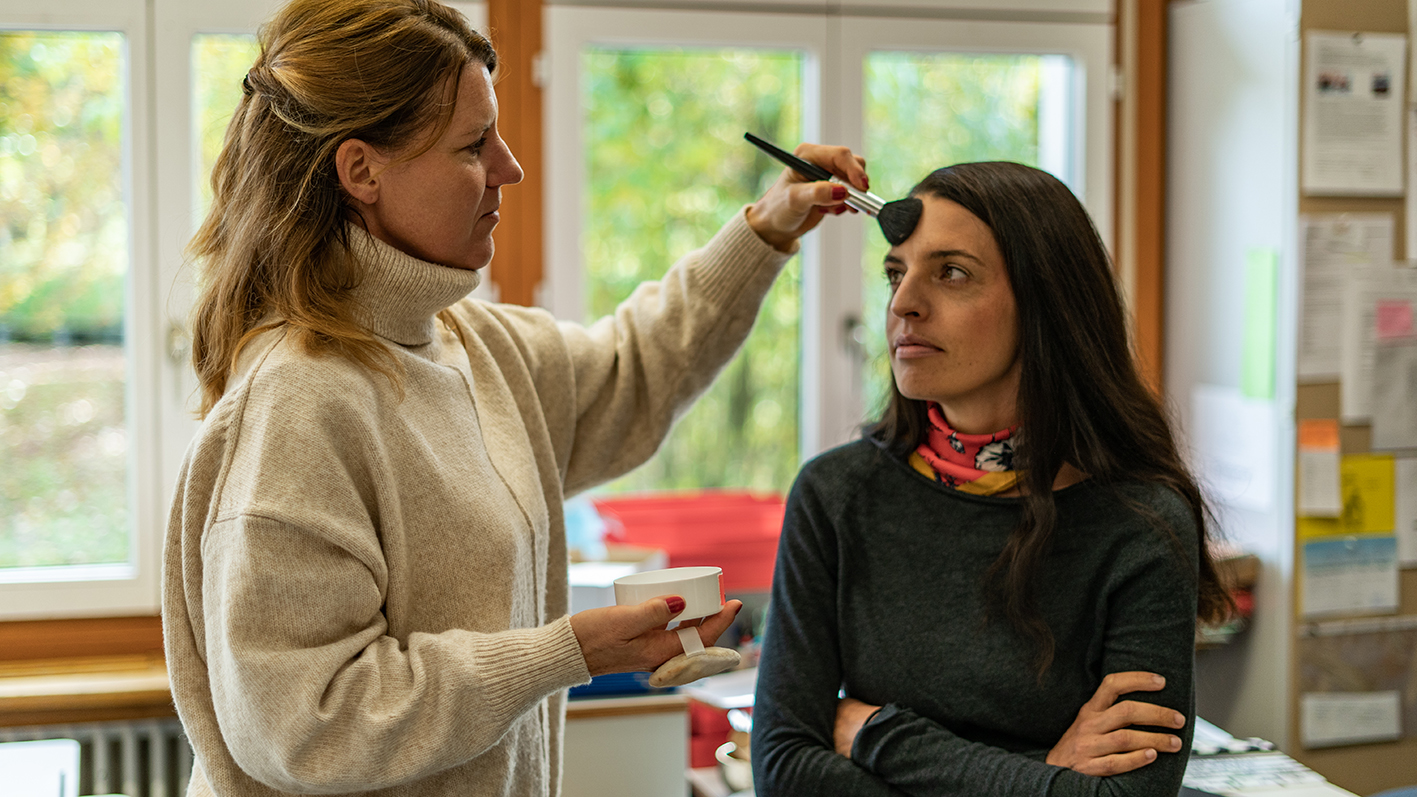
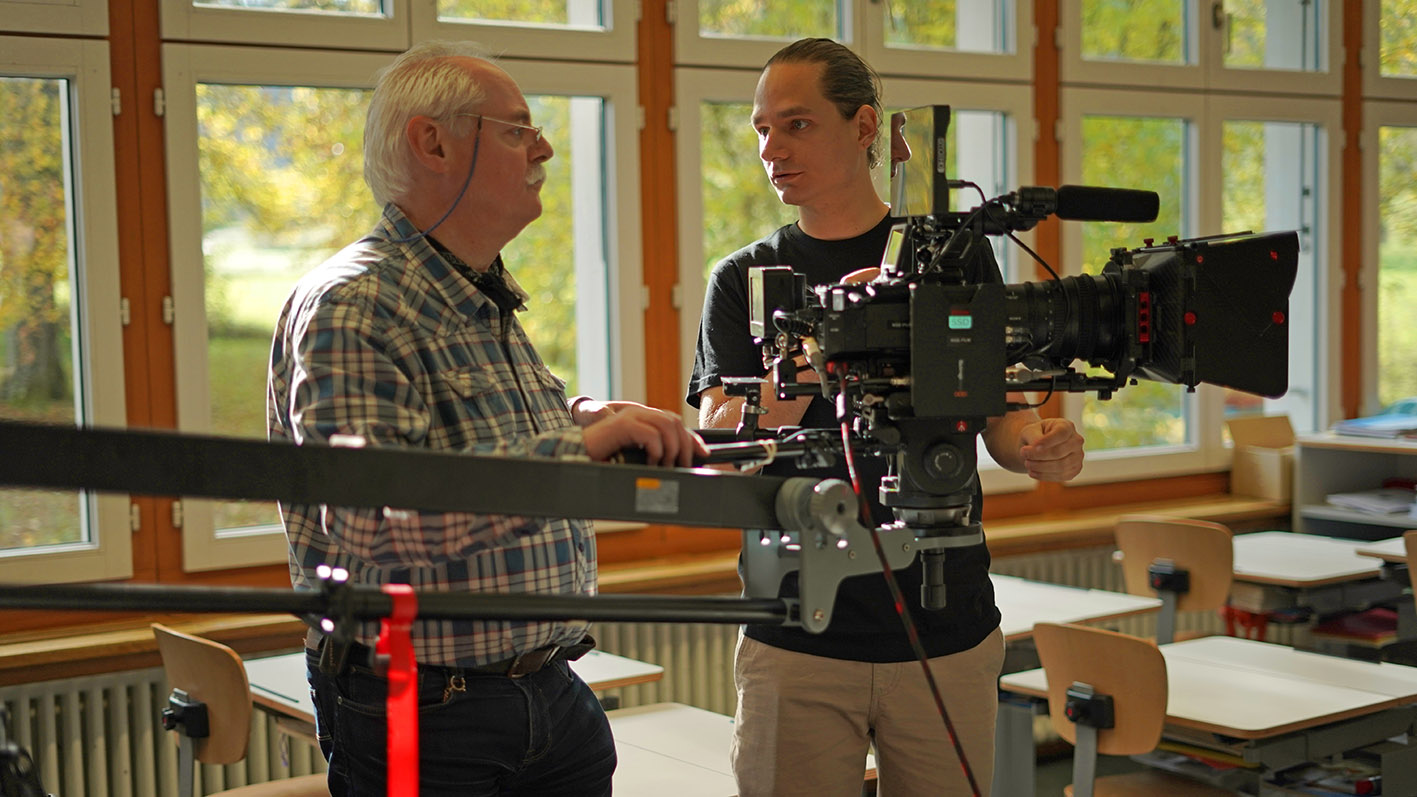
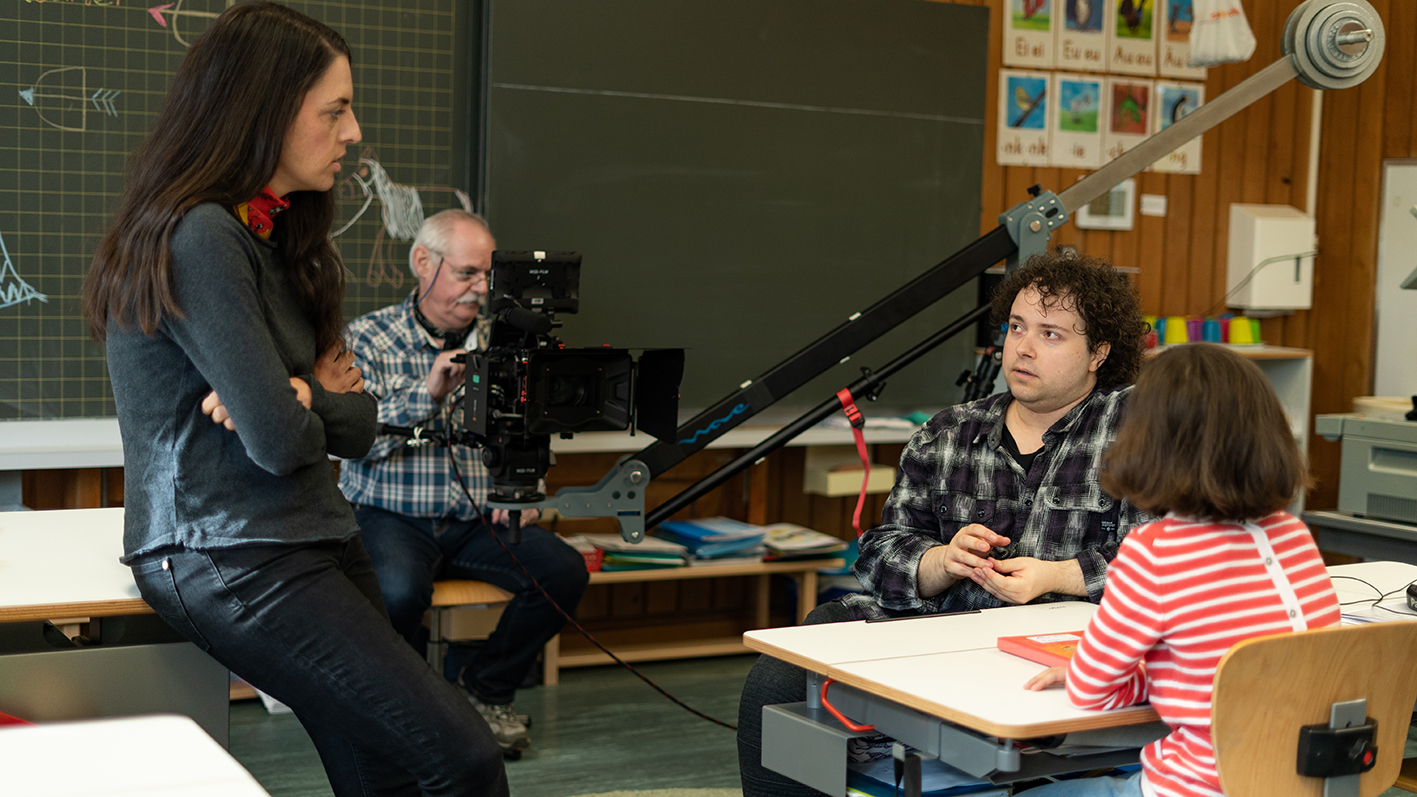
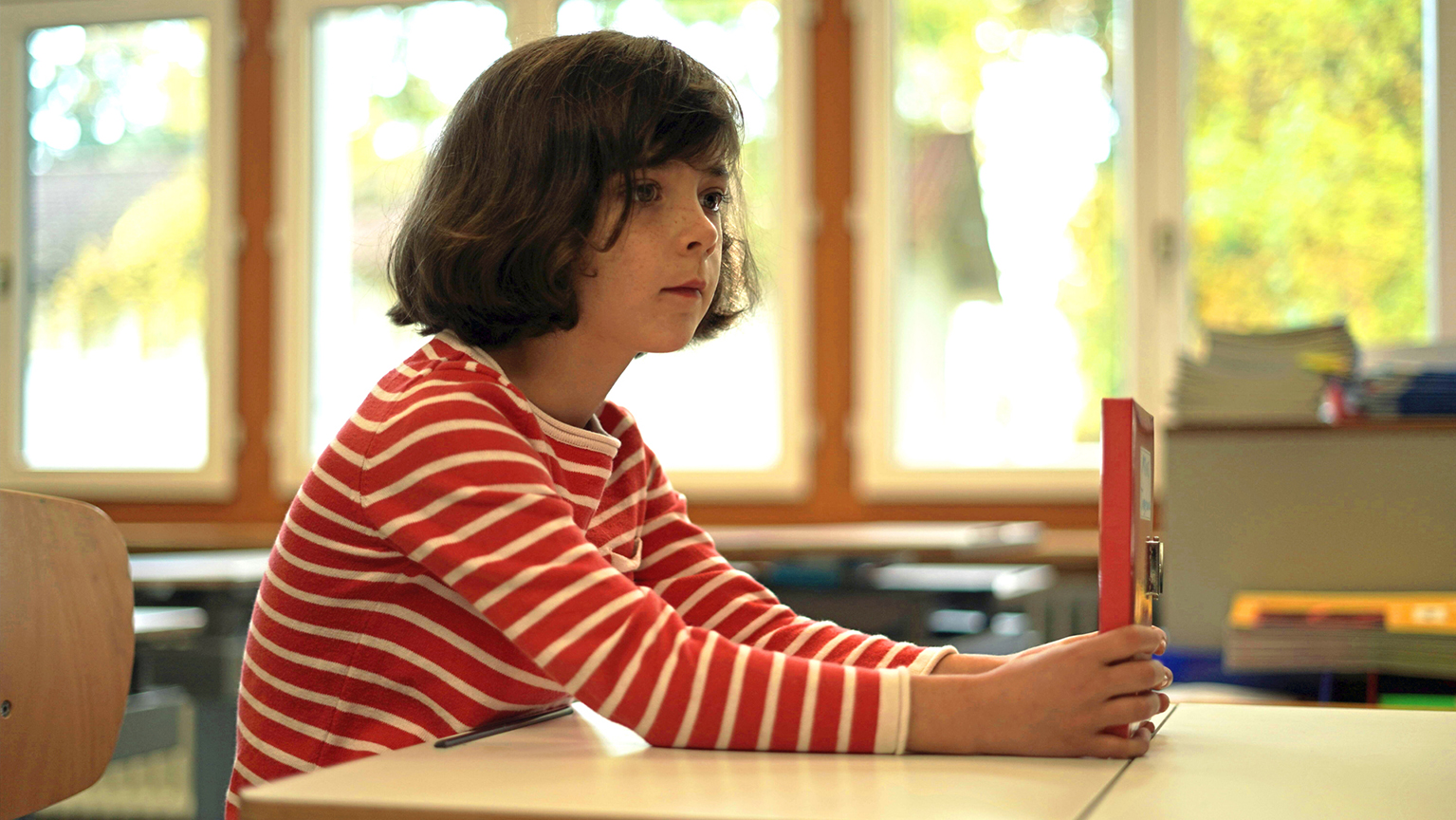
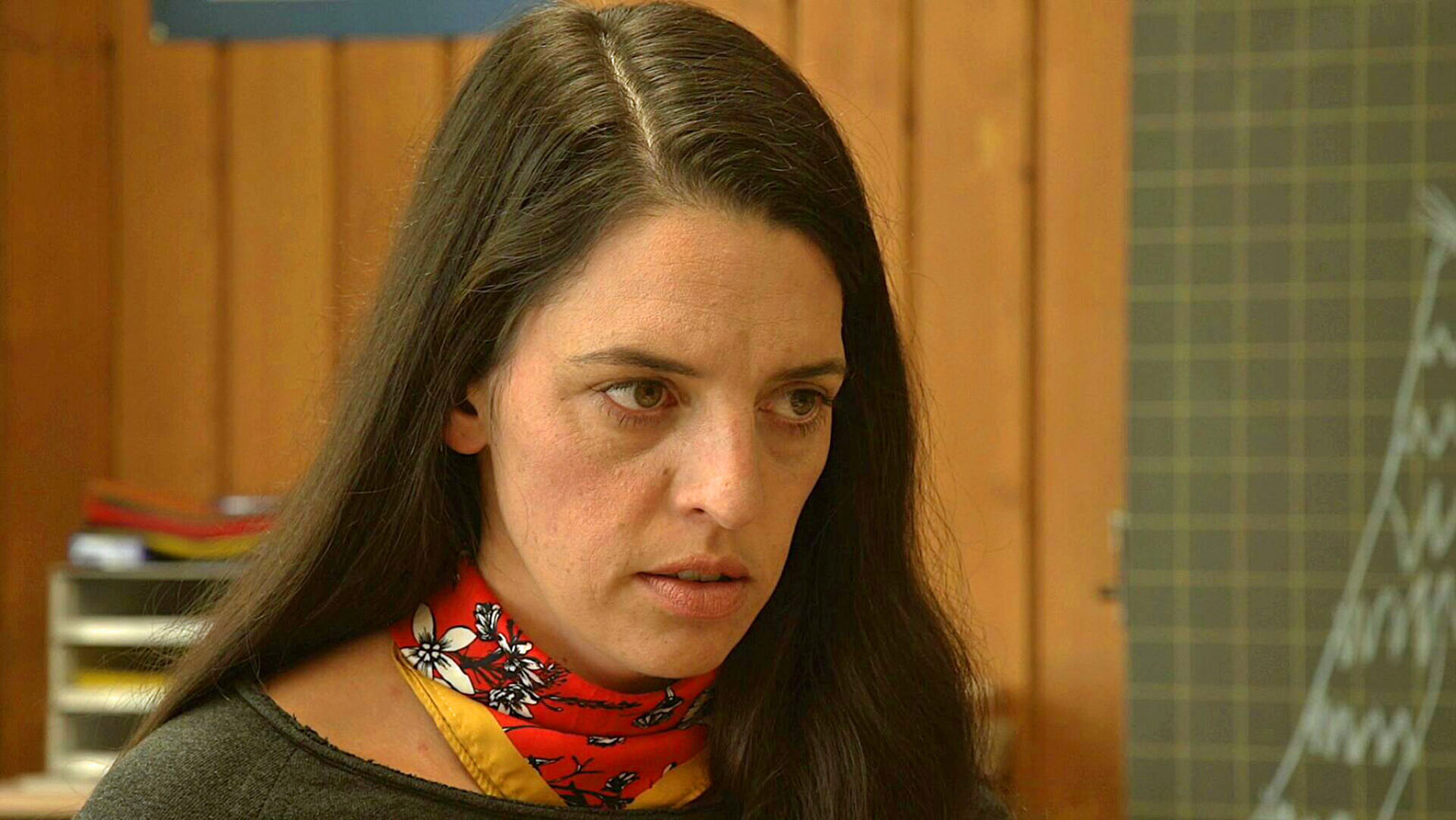
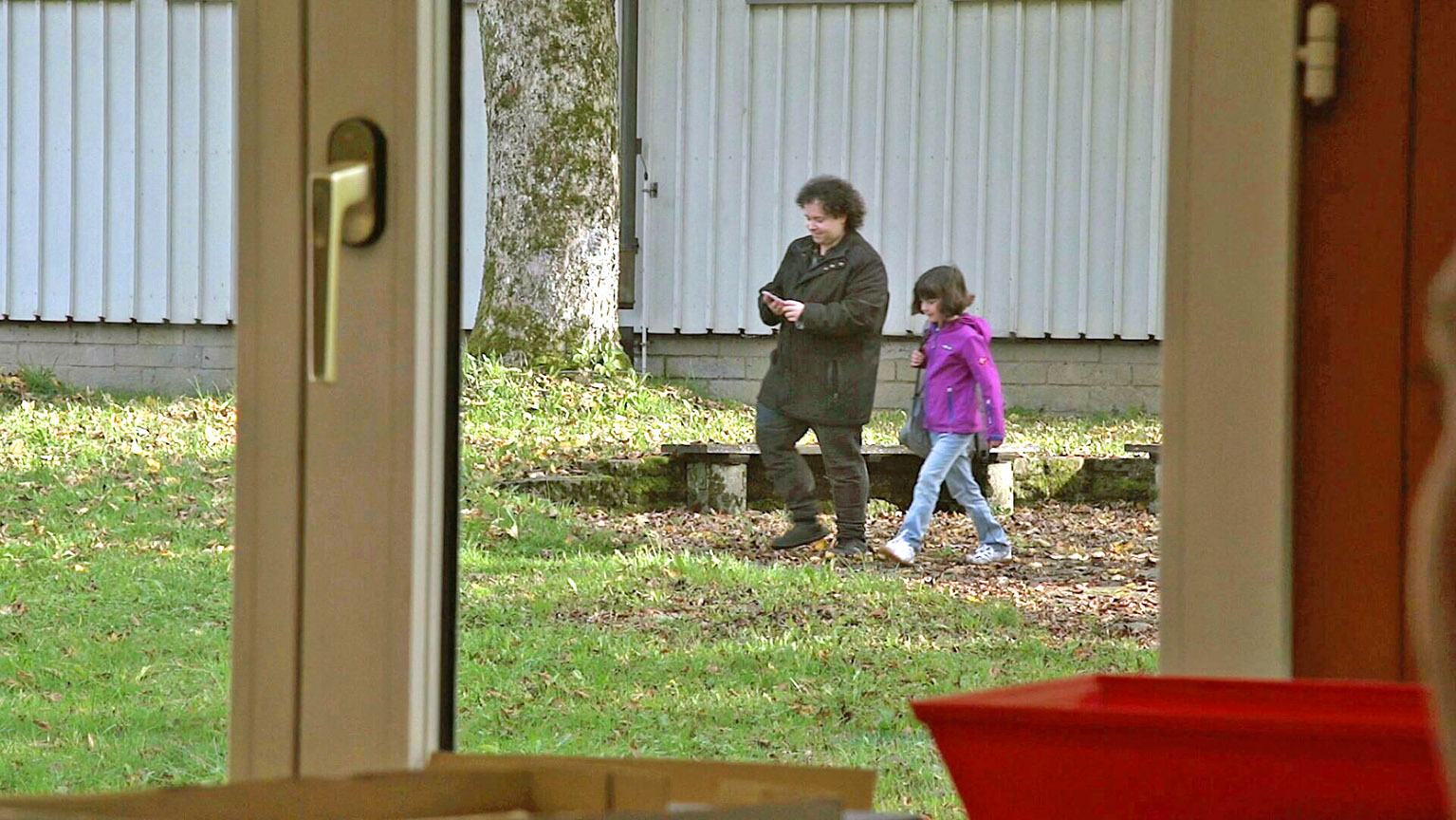
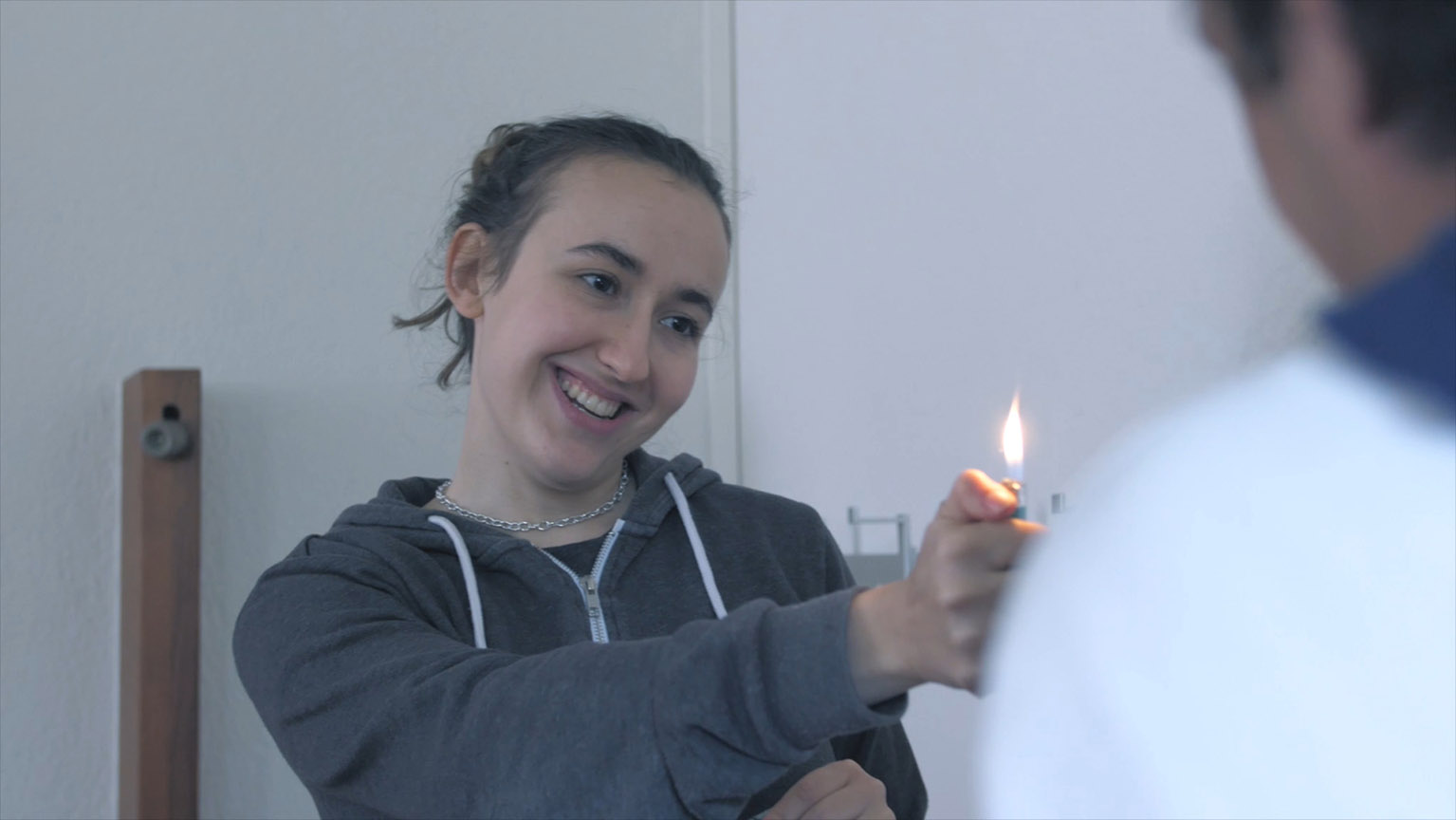
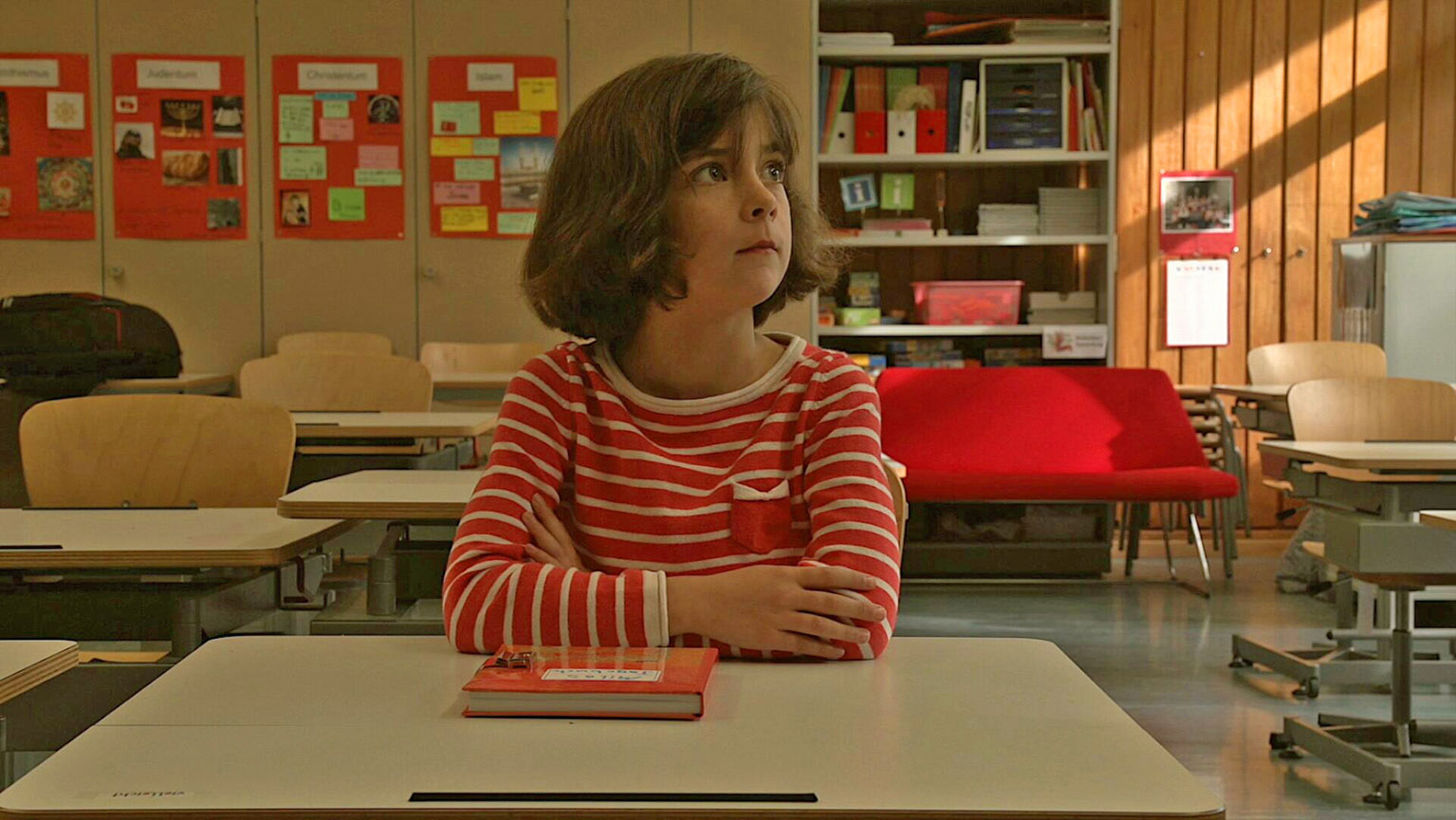
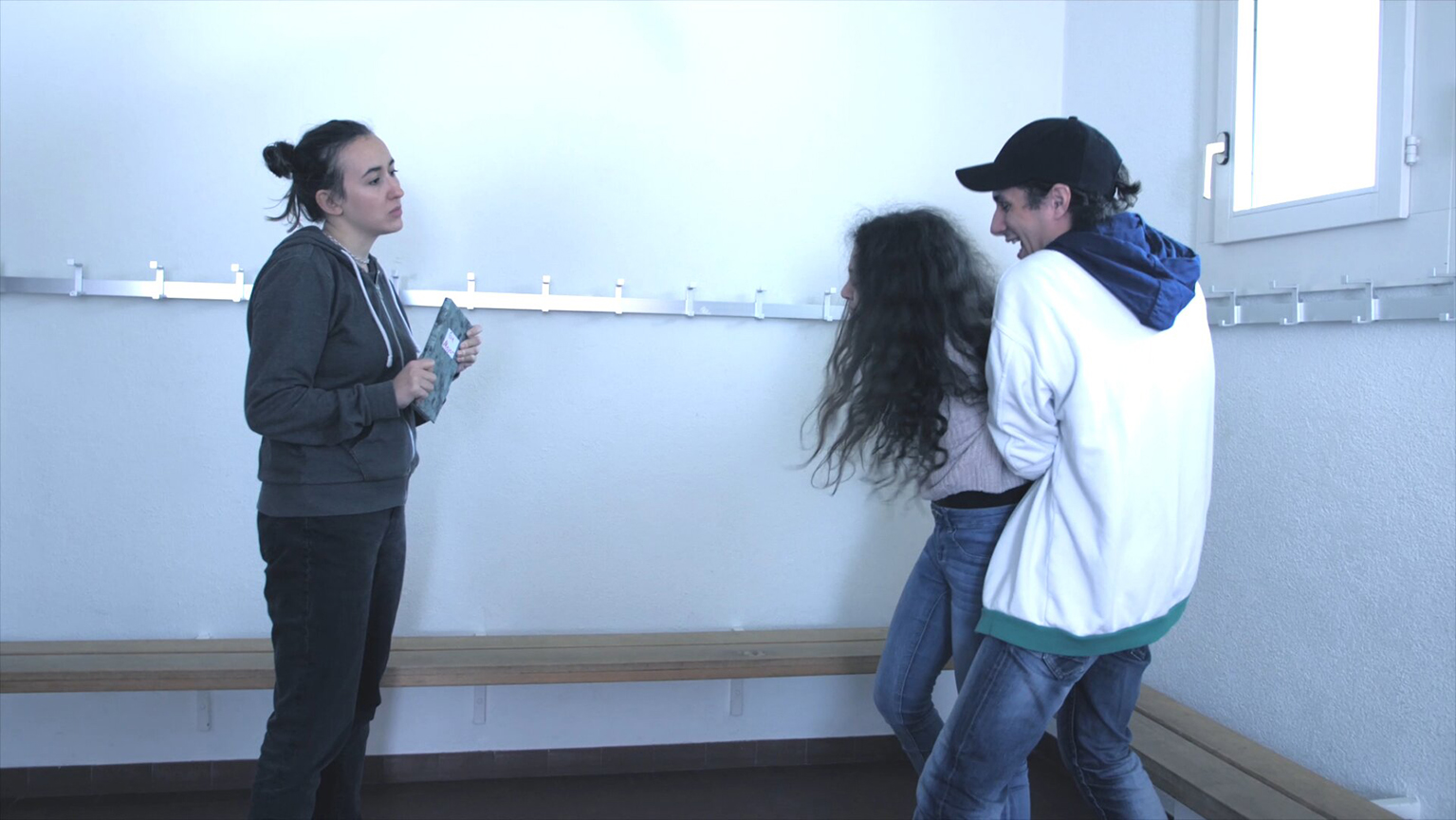
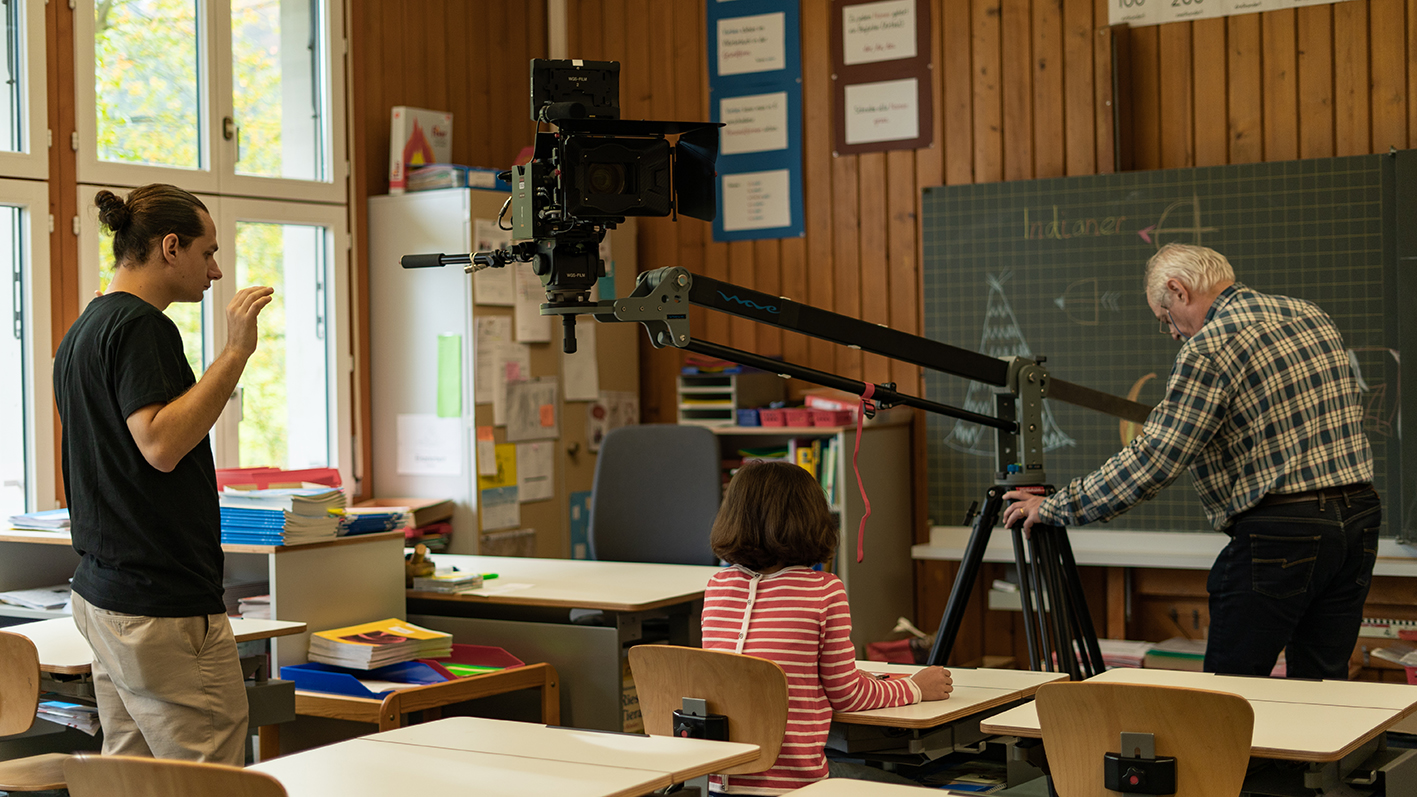
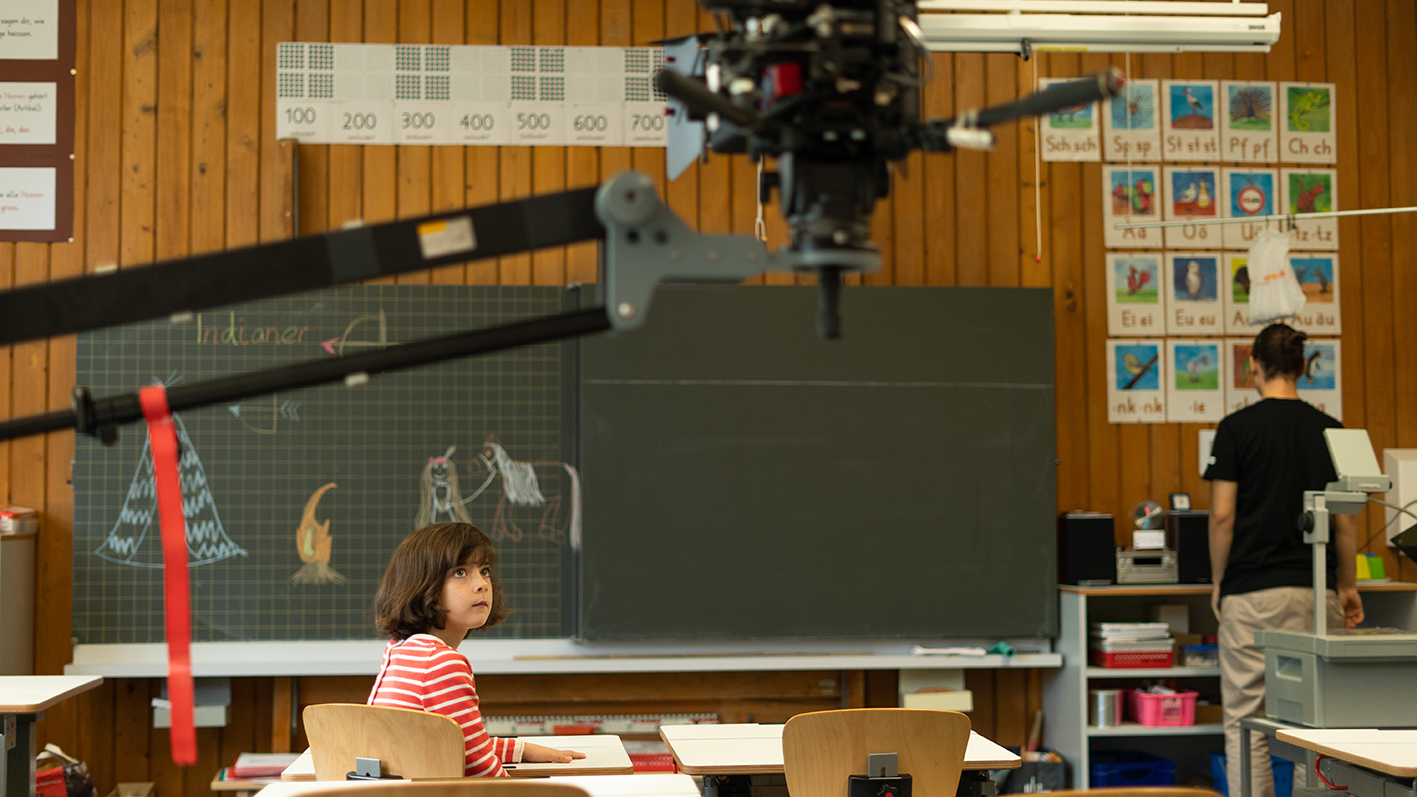
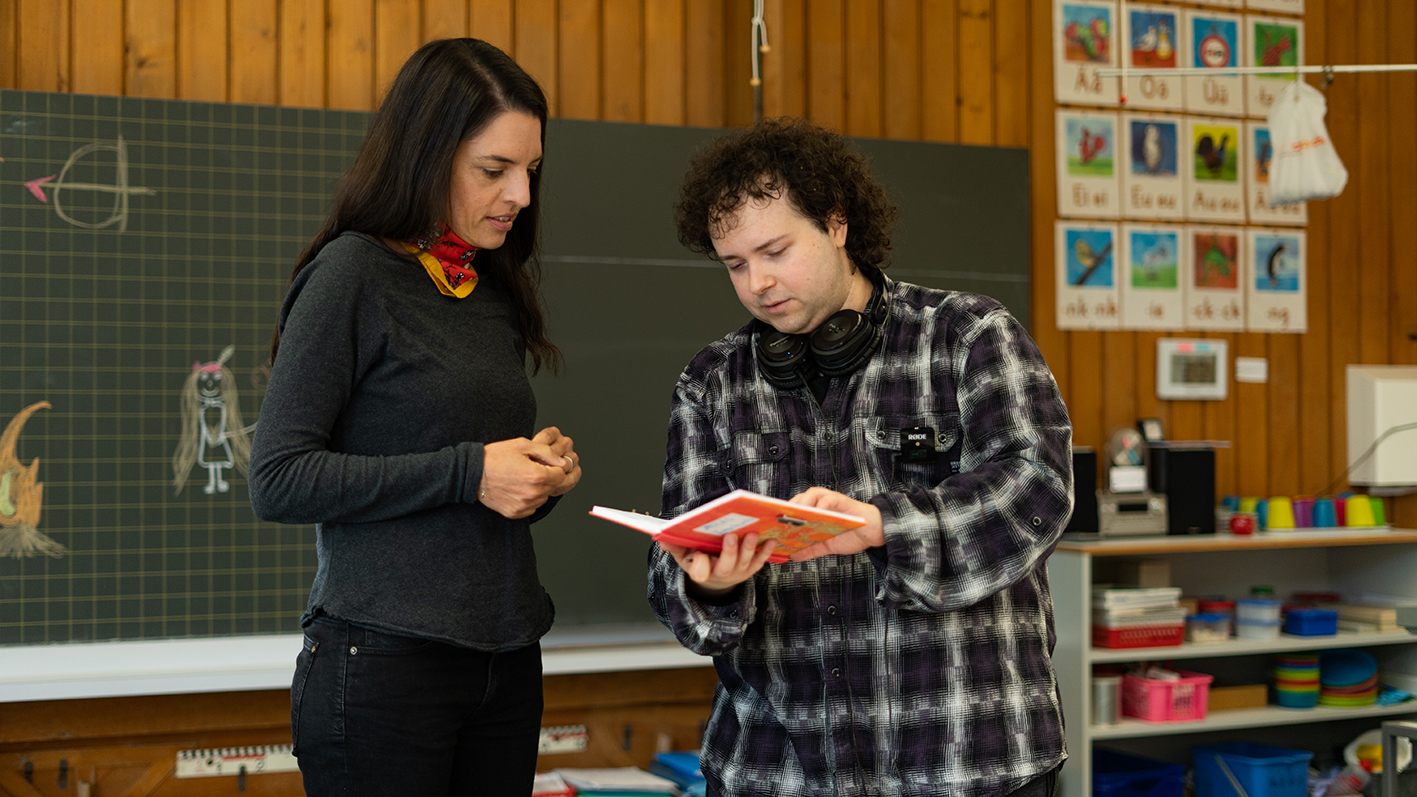
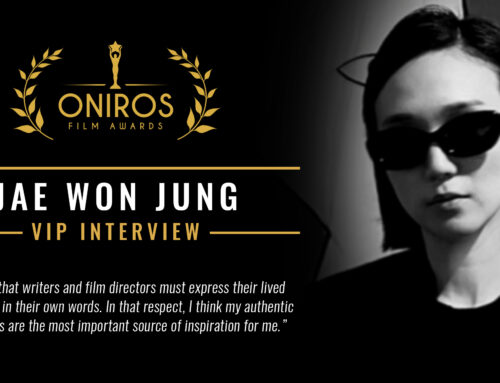
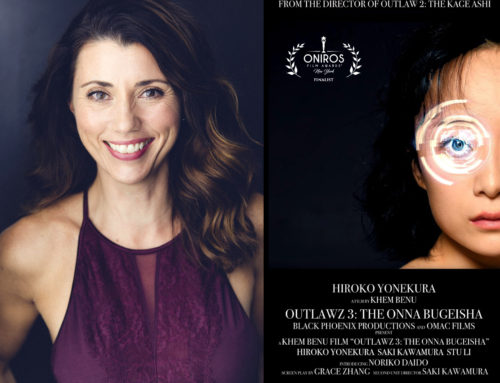
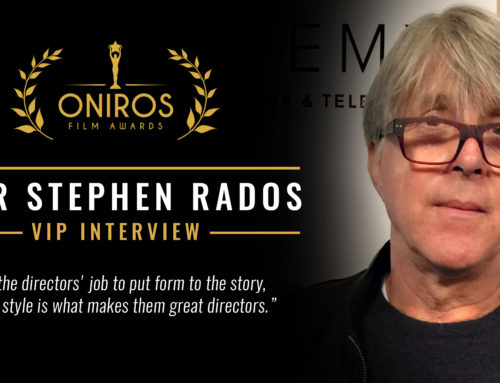
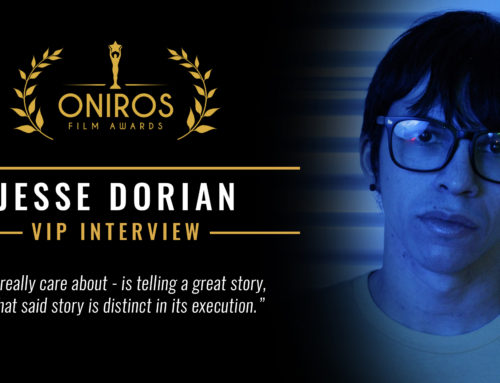
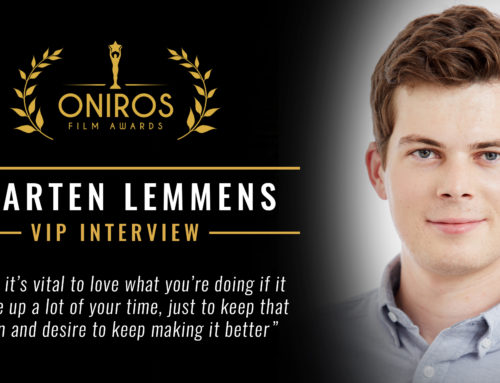
Leave A Comment